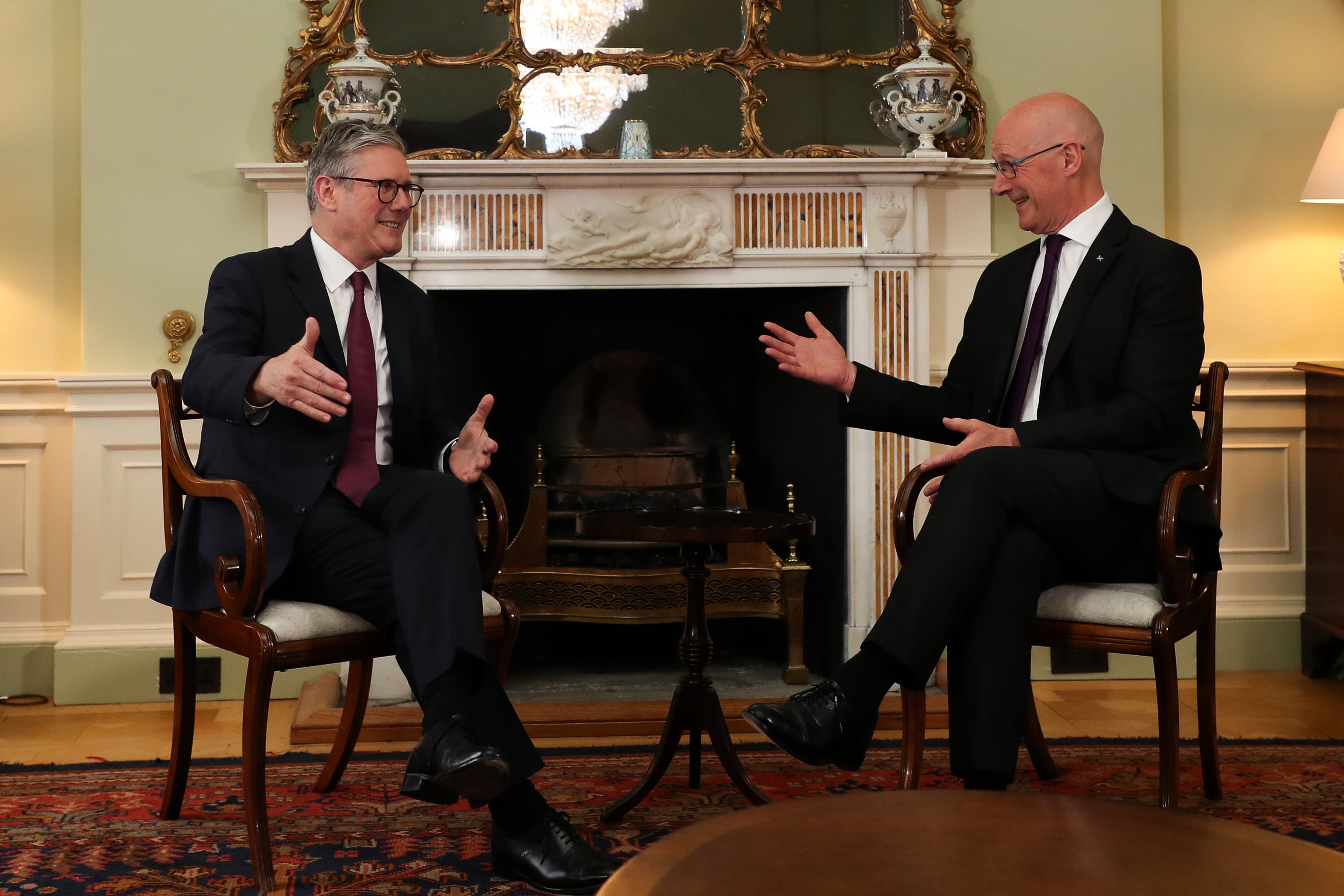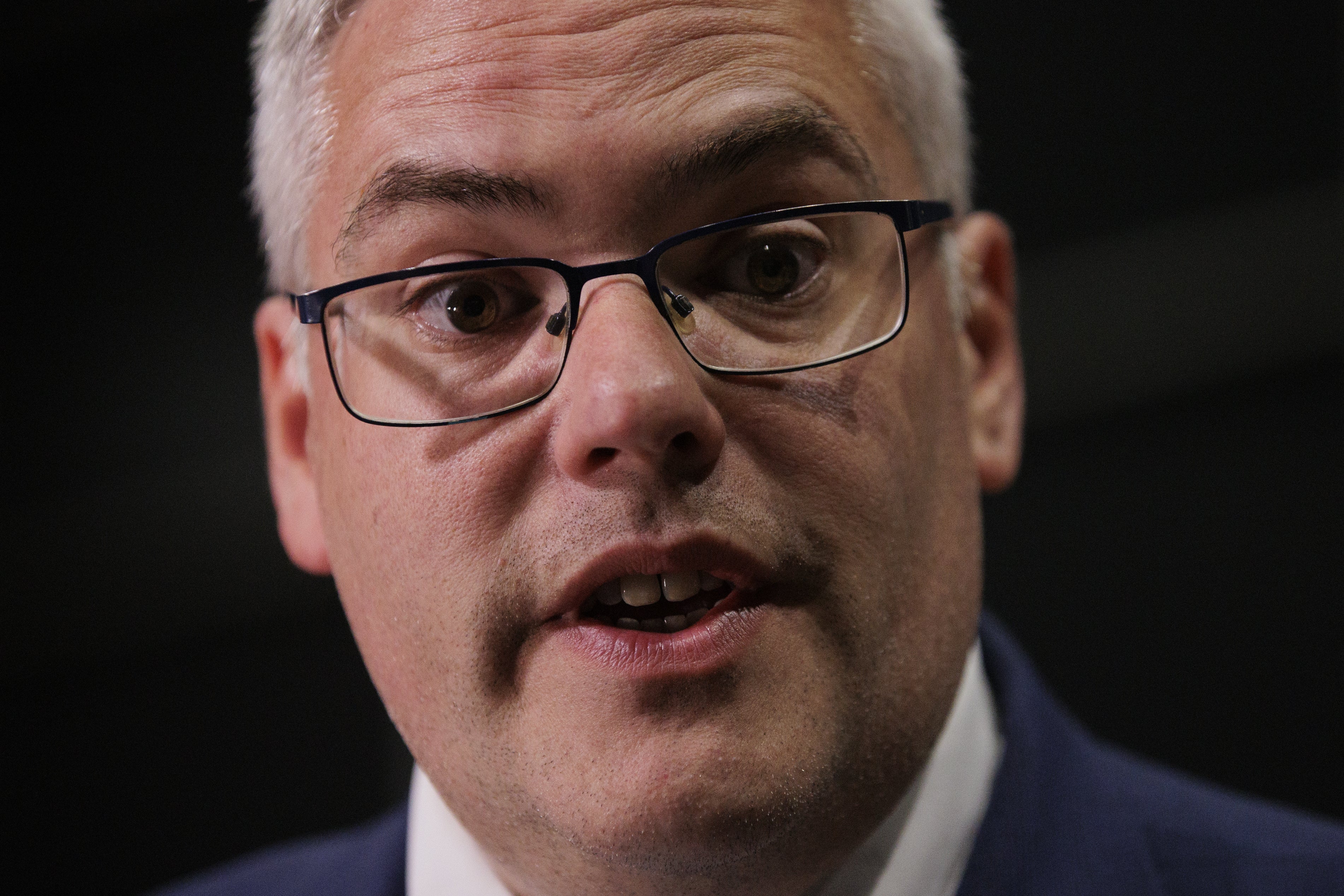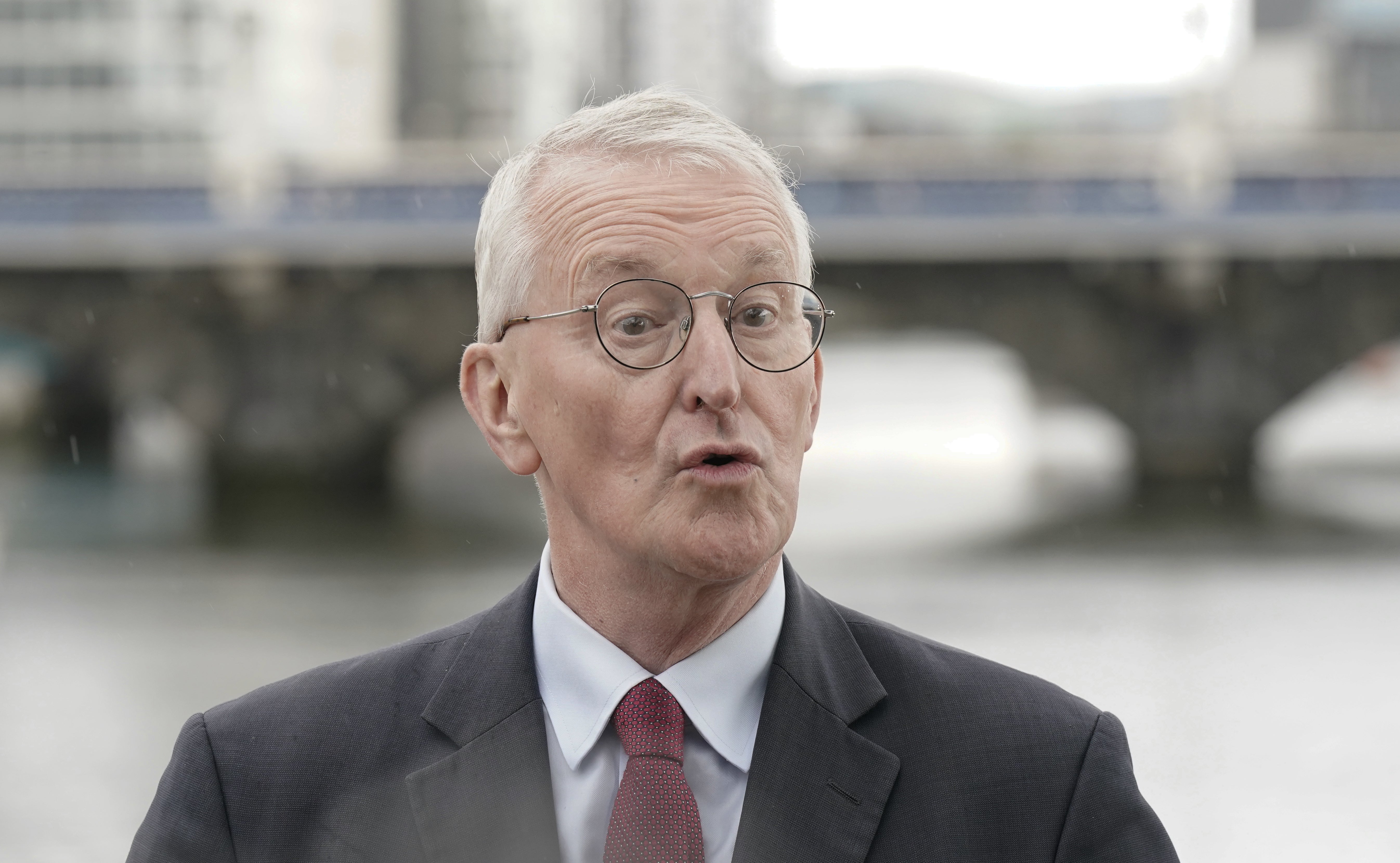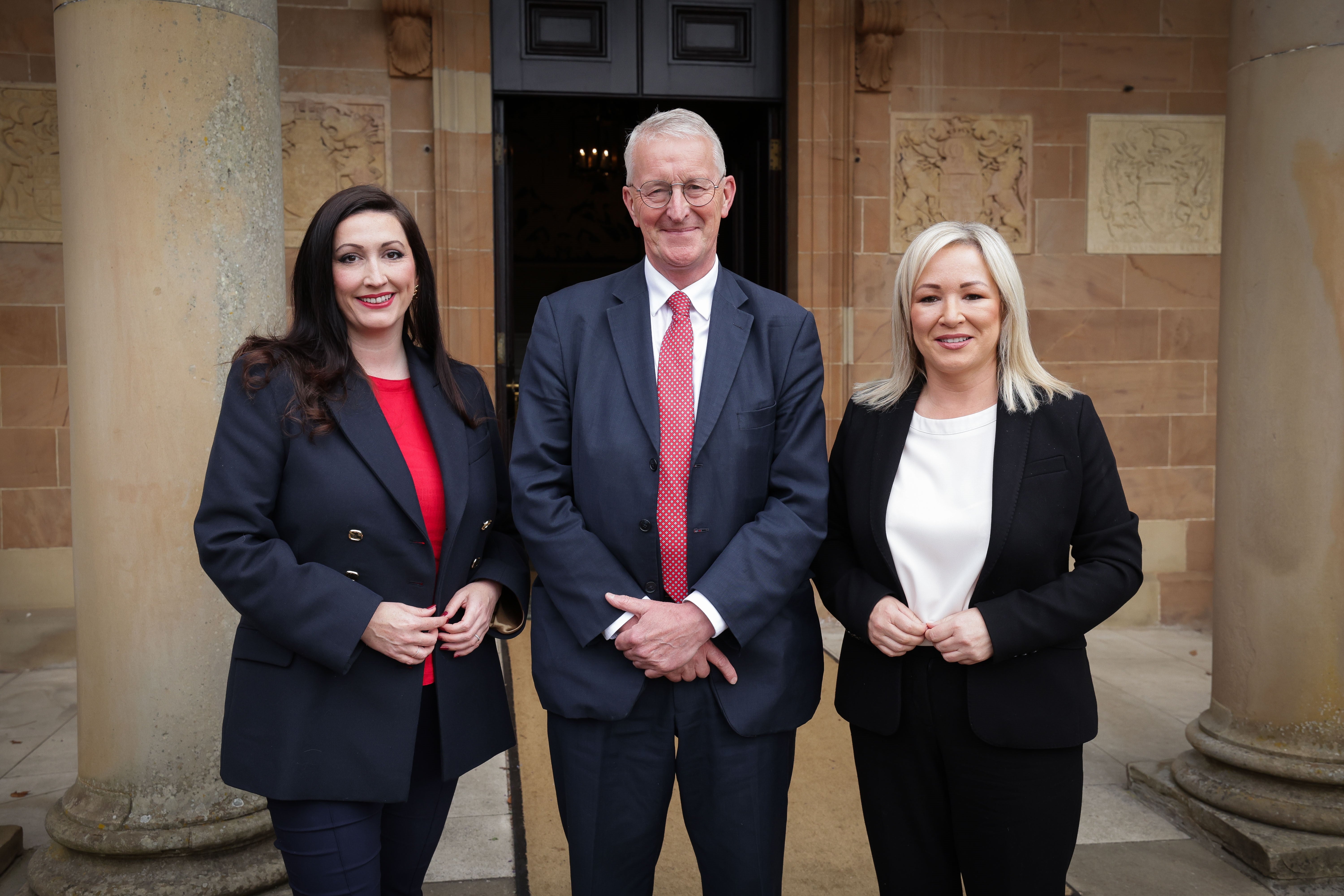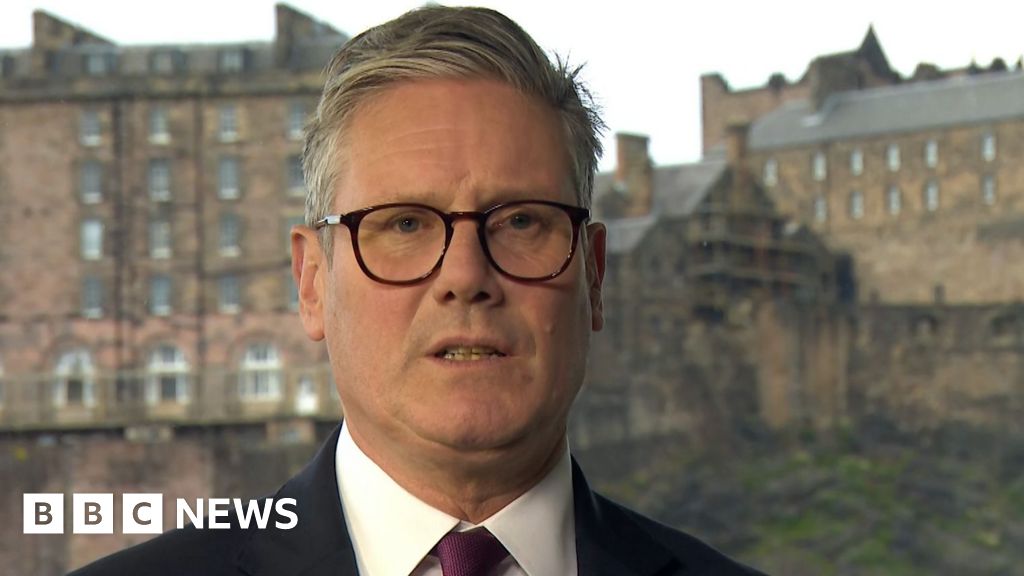
British Prime Minister Keir Starmer embarked on a tour of the United Kingdom following Labour's landslide election victory, starting with Scotland. During his visit to Edinburgh, he met with Scottish First Minister John Swinney and pledged to serve the entire country as prime minister. Starmer also expressed his intention to improve the U.K.'s trade deal with the European Union and transfer power from London to regional leaders.
Labour won a significant number of seats in Scotland during the election, trouncing the Scottish National Party (SNP). Despite this victory, SNP still holds a majority at Holyrood. Starmer's visit marked an opportunity for him to begin building relationships with regional governments and addressing their concerns.
Starmer's first stop was Edinburgh, where he met with Swinney to discuss cooperation on various issues such as performance, self-interest in politics, eradicating child poverty, improving public services, and tackling climate change. The economy was also a major topic of discussion between the two leaders.
Starmer's visit to Scotland came after Labour's landslide election victory in which they won over 410 seats in Parliament. Despite this success, Starmer acknowledged that the electorate turnout was close to a record low at 60%. The new prime minister aims to style himself as a sensible leader and contrast himself with politicians on both the right and left.
Scotland was the only part of the UK where Labour's vote share rose sharply in this election, taking 36 seats from the SNP. Starmer promised to govern as changed Labour and deliver change quickly to win control of Scottish government in 2026.
Both Starmer and Swinney stressed cooperation on various issues, including eradicating child poverty, improving public services, and tackling climate change. The economy was also a significant challenge for Starmer as he deals with a stagnating economy, low growth, low productivity, high inequality, Covid fallout, war in Ukraine and Conservative cuts to public spending.
Starmer discussed the economy and Grangemouth jobs with Swinney and promised collaboration on those issues. The way to reinvigorate the economy is through growth aligned with an industrial strategy including a new publicly-owned green energy company based in Scotland.
